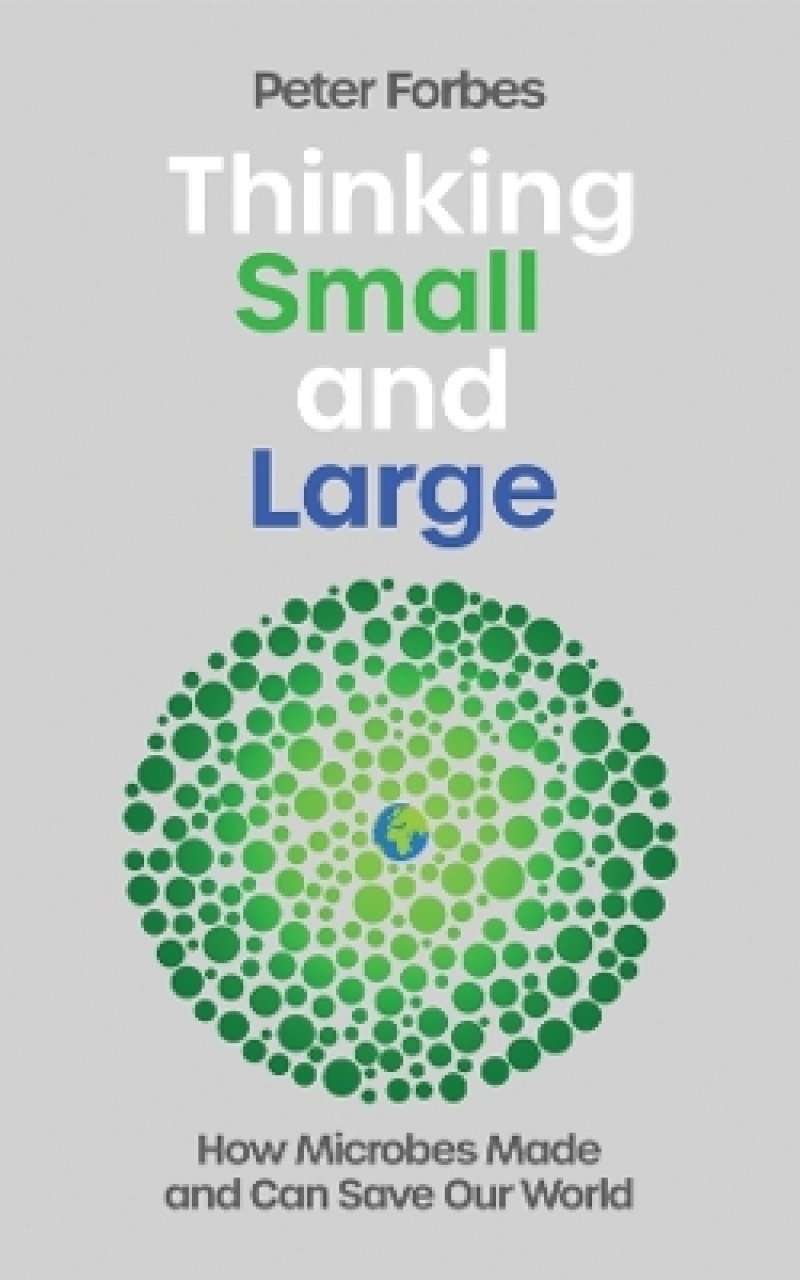A <b>powerful</b> exploration of the machinery of life and the 'gigantic infinitesimal' world of the microorganisms essential for the survival of our ecosystem. In this <b>beautifully written</b> book, Forbes restores microbes to their rightful place in the history - and, importantly, the future - of our planet. <b>A must for any science-savvy or science-curious reader</b>.
Alice Sherwood, author of Authenticity: Reclaiming reality in a counterfeit culture
A <b>fascinating</b> account of both the deep-time evolution of life on our planet and how microbes have moulded the world we live in. This is the<b> gripping </b>story of how the tiniest creatures can have the mightiest effects, and offer hope for solving some of the gravest problems of climate change today.
Prof. Lewis Dartnell, author of Being Human: How our Biology Shaped World History
The book's intellectual range is<b> impressive</b> ... a tone that's accessible without oversimplifying the underlying concepts.
Nature
The environmental crisis will not be solved by battery technology alone.
Thinking Small and Large reveals the ingenuity of microbes at key stages in life's 4 billion year history and highlights their developing role in resolving our deepest problem: climate change that is flooding and burning our world more menacingly every year. Ground-breaking ongoing research with some of the most ancient bacteria is leading to a parallel carbon economy using engineered bacteria for fuel, food and materials. This would enable rewilding on a vast scale, with the small land footprint of bacterial technologies solving the current conflict in land use between farming and fuel and materials production.
In this fascinating and illuminating book, Peter Forbes shines a light on this crucial technology and offers a tantalising glimpse of what is possible. To solve the big problems you have to think small.
Produktdetaljer
Biografisk notat
Peter Forbes is a science writer and journalist writing mainly on life sciences and natural history. He read chemistry and worked for the Pharmaceutical Society of Great Britain and in natural history publishing before becoming a freelance writer. He lives in London and teaches the Narrative Non-Fiction course at City St George's, University of London
His first full-length non-fiction book, The Gecko's Foot: How Scientists are Taking a Leaf from Nature's Book, a ground-breaking introduction to the new field of engineering and materials solutions inspired by nature, was longlisted for the Royal Society/Aventis Prize. He followed this with Dazzled and Deceived: Mimicry and Camouflage, which won the Warwick Prize for Writing.
